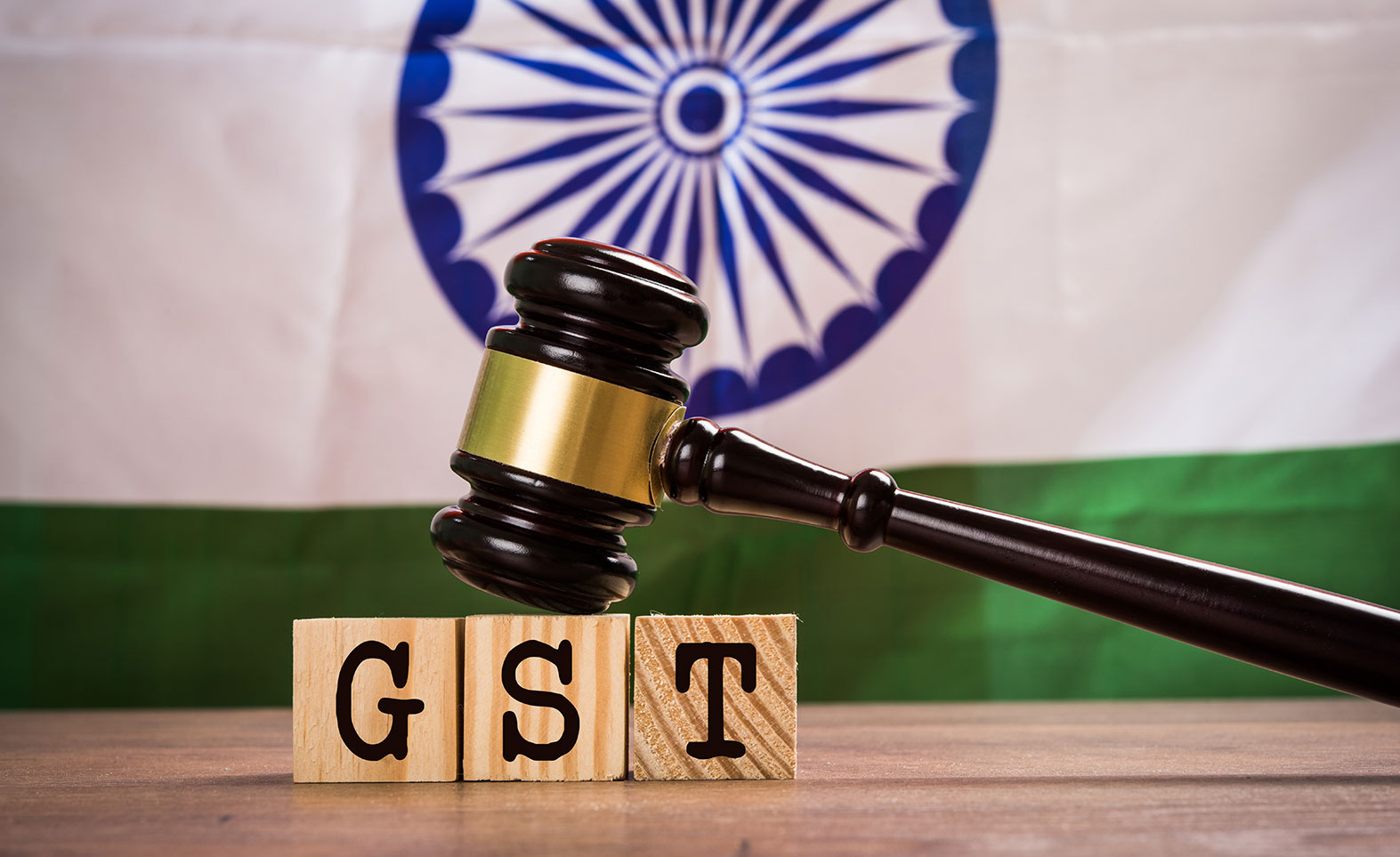
October 3, 2024
Gross domestic revenue rose by 5.9% to approximately INR 1.27 lakh crore, with revenue from the import of goods increasing by 8% to INR 45,390 crore
Refunds issued in September totalled INR 20,458 crore, marking a 31% rise compared to the previous year
After accounting for refunds, net GST revenue for September stood at INR 1.53 lakh crore, reflecting a 3.9% increase over the same month last year
Tax experts express optimism that GST collections will improve in the coming months due to the festive season

The growth rate of Goods and Services Tax (GST) revenue reached 6.5% in September, amounting to INR 1.73 lakh crore. This follows the GST revenue of INR 1.63 lakh crore recorded in September last year and INR 1.75 lakh crore collected in August 2024.
Despite the current figures, tax professionals believe that the upcoming festive season will likely boost collections. Experts remarked that while year-to-date GST revenues up to September 2024 showed over 9% growth, the monthly growth fell short of expectations, necessitating a closer examination by the GST Council.
Gross domestic revenue experienced a growth of 5.9%, reaching around INR 1.27 lakh crore, with revenue from imports rising by 8% to INR 45,390 crore. Notably, the month saw refunds issued totalling INR 20,458 crore, representing a significant increase of 31% compared to the previous year. After adjusting for these refunds, the net GST revenue in September amounted to INR 1.53 lakh crore, which is 3.9% higher than in the same month last year.
Experts also noted that future GST revenues will be closely monitored, as they can indicate economic growth and correlate with GDP numbers. They acknowledged the substantial rise in GST refunds, particularly for IGST export refunds, as evidence of tax authorities’ efforts to expedite refunds and simplify processes for exporters.
The increase in export refunds suggests a significant uptick in exports from India. The overall rise in GST refunds reflects the government’s commitment to release funds promptly, support working capital for exporters, and address industries facing inverted duty structures.
Source: Hindustan Times